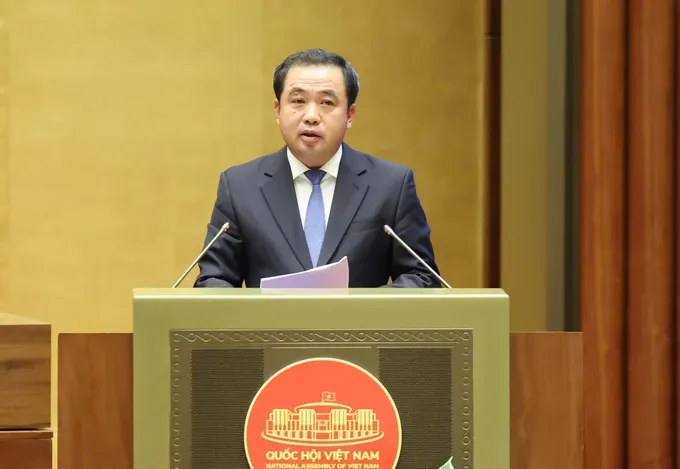
During yesterday’s discussion session on the National Assembly’s report regarding the implementation of environmental protection policies and laws since the 2020 Law on Environmental Protection took effect, delegates raised several notable issues.
Deputy Ta Van Ha from Da Nang City stated that many countries have successfully transformed waste, wastewater, and emissions from burdens into valuable secondary resources creating new investment and business opportunities. This approach embodies the essence of the circular economy and the green economy, both closely linked to the net-zero emissions goal that Vietnam committed to achieving by 2050 at COP26.
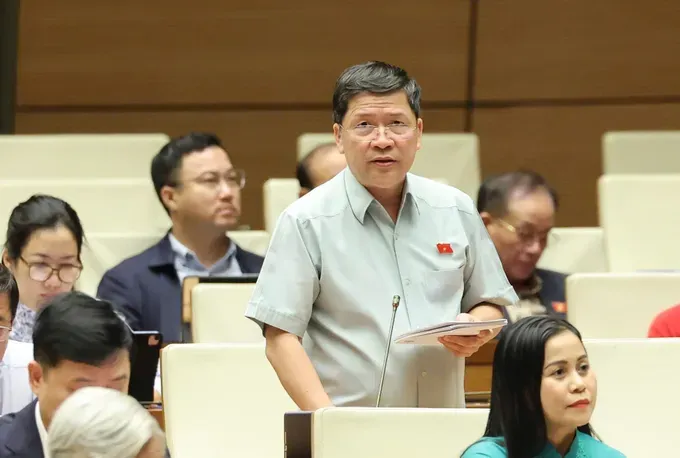
In Vietnam, however, the current legal and policy framework has yet to create strong incentives for investors. Waste treatment costs remain heavily dependent on state and enterprise budgets. Deputy Nguyen Quang Huan from Ho Chi Minh City emphasized the need to improve the system of environmental standards and regulations. Vietnam currently has about 300 environmental standards, many of which are outdated. He also noted that nearly 60 percent of the country’s waste is still being buried in landfills.
Earlier, Deputy Nguyen Tam Hung also from Ho Chi Minh City expressed concern over growing air pollution, wastewater discharge, and urban flooding - now among Vietnam’s most pressing environmental challenges. Fine dust (PM2.5) levels in Hanoi and Ho Chi Minh City often exceed safe limits; only about 18 percent of urban wastewater is treated; and many cities suffer severe flooding due to tidal surges, extreme rainfall, and weak drainage infrastructure.
He proposed that the National Assembly issue a resolution mandating clear targets and timelines. For instance, by 2027, at least 35 percent of wastewater from tier I–II urban areas should be treated and by 2030, the figure should reach about 70 percent. The resolution should also assign accountability to local leaders who fail to meet these targets. Additionally, he urged prompt remediation of facilities causing serious pollution.
Regarding environmental financing, Deputy Nguyen Tam Hung recommended that the National Assembly raise the minimum budget allocation for environmental protection to 1.2 percent starting in 2027, while also mobilizing more private investment through green bonds, green credit, and public–private partnerships (PPPs). He suggested linking expenditure to measurable outcomes, such as wastewater and solid waste treatment rates and energy recycling efficiency.
Minister of Agriculture and Environment Tran Duc Thang acknowledged that Vietnam’s 25.3 million tons of annual household waste including 1.8 million tons of plastic waste poses a severe strain on existing infrastructure. He affirmed that this issue must be addressed comprehensively in the coming years.
On air pollution, the Ministry has submitted to the Prime Minister a national action plan for pollution control and air quality management for the 2026–2030 period, with a vision toward 2045. The plan includes measures such as promoting green transportation.
Minister Tran Duc Thang added that there will soon be breakthroughs in waste management, focusing on resolving long-standing bottlenecks in solid waste treatment, maximizing the resource value of waste, and advancing the circular economy. The Government will also establish appropriate policies and timelines to implement household-level waste segregation.
Furthermore, both state and private resources will be mobilized to invest in urban wastewater collection and treatment infrastructure, tighten air pollution control, and restore water quality in severely polluted river basins.


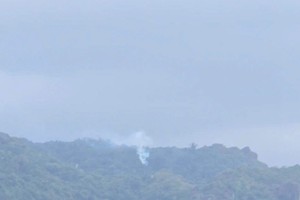
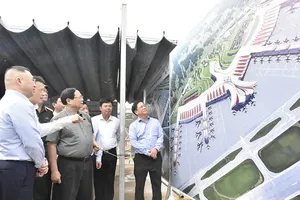

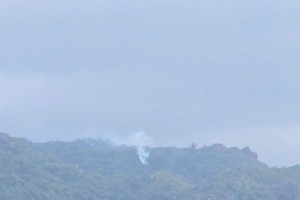



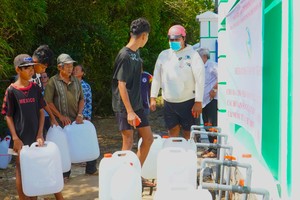
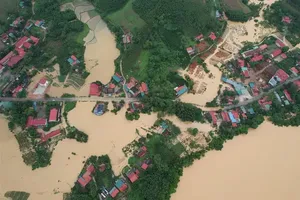
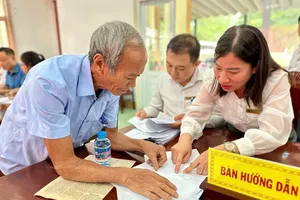
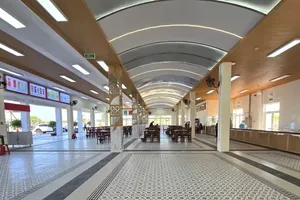
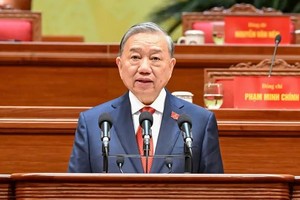
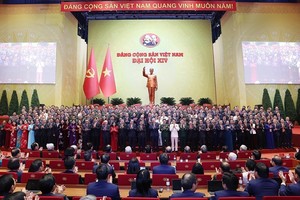
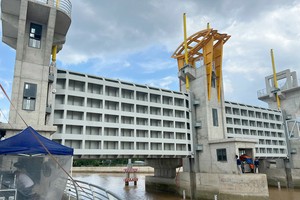
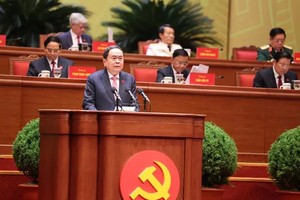
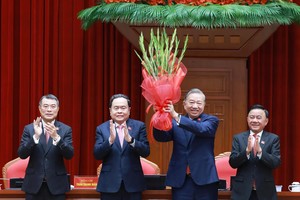
)





